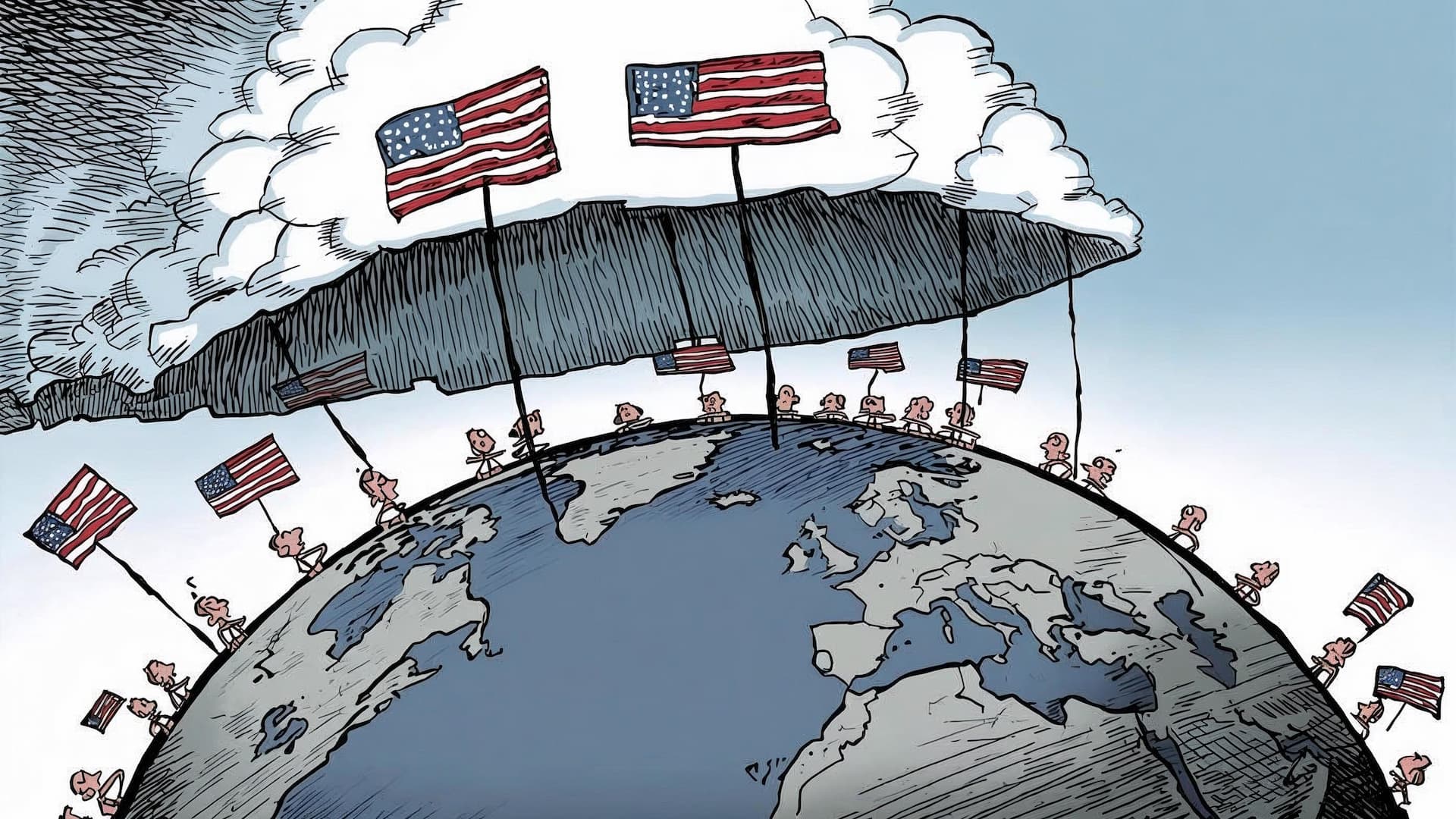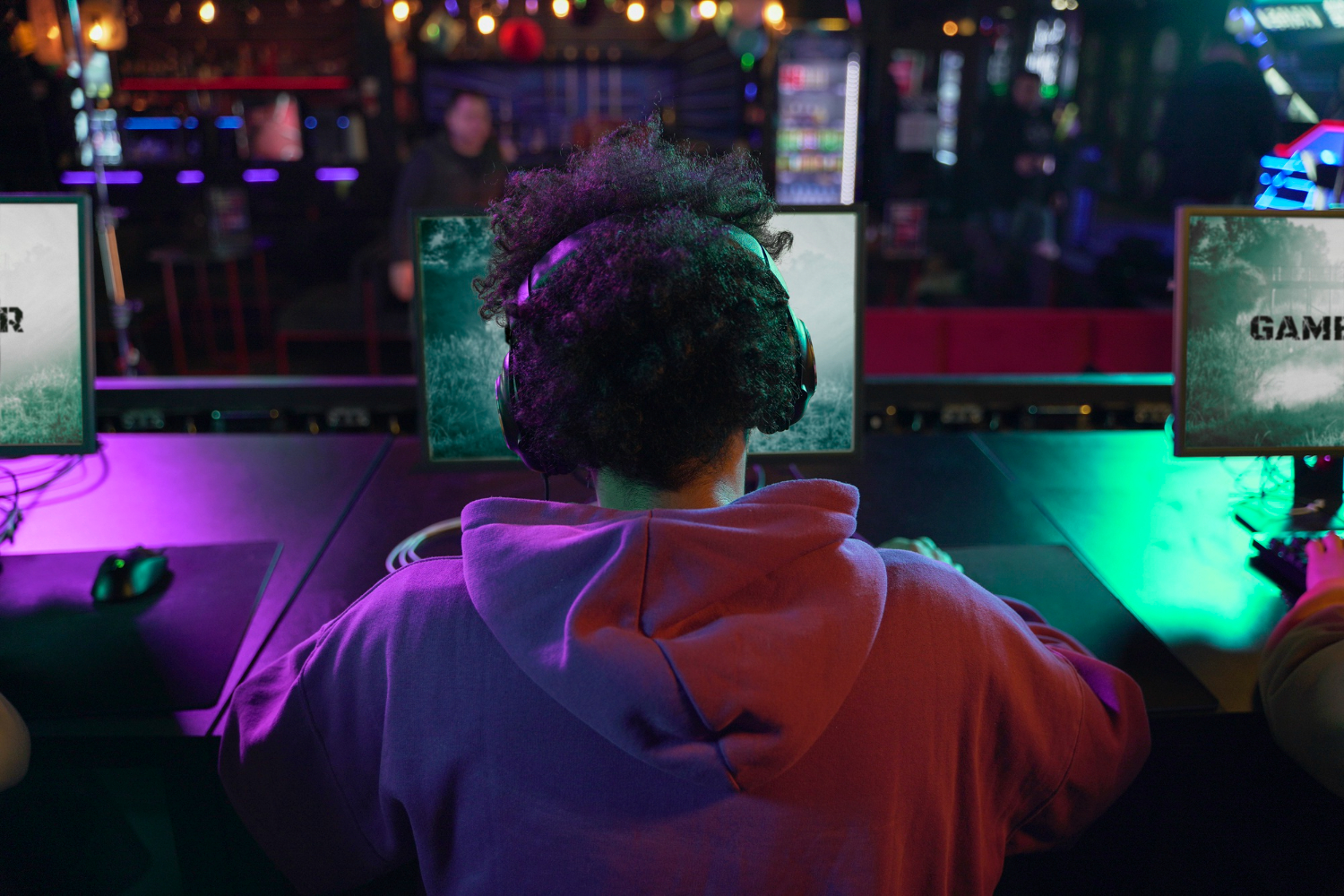A critical security flaw has emerged in Moltbook, a new AI agent social network launched by Octane AI.
The vulnerability allowed unauthenticated access to user profiles, exposing email addresses, login tokens, and API keys for registered agents. The platform’s rapid growth, claimed to have 1.5 million users, was largely artificial, as a single agent reportedly created hundreds of thousands of fake accounts.
Moltbook enables AI agents to post, comment, and form sub-communities, fostering interactions that range from AI debates to token-related activities.
Analysts warned that prompt injections and unregulated agent interactions could lead to credential theft or destructive actions, including data exfiltration or account hijacking. Experts described the platform as both a milestone in scale and a serious security concern.
Developers have not confirmed any patches, leaving users and enterprises exposed. Security specialists advised revoking API keys, sandboxing AI agents, and auditing potential exposures.
The lack of safeguards on the platform highlights the risks of unchecked AI agent networks, particularly for organisations that may rely on them without proper oversight.
An incident that underscores the growing need for stronger governance in AI-powered social networks. Experts stress that without enforced security protocols, such platforms could be exploited at scale, affecting both individual users and corporate systems.
The Moltbook case serves as a warning about prioritising hype over security in emerging AI applications.
Would you like to learn more about AI, tech and digital diplomacy? If so, ask our Diplo chatbot!










